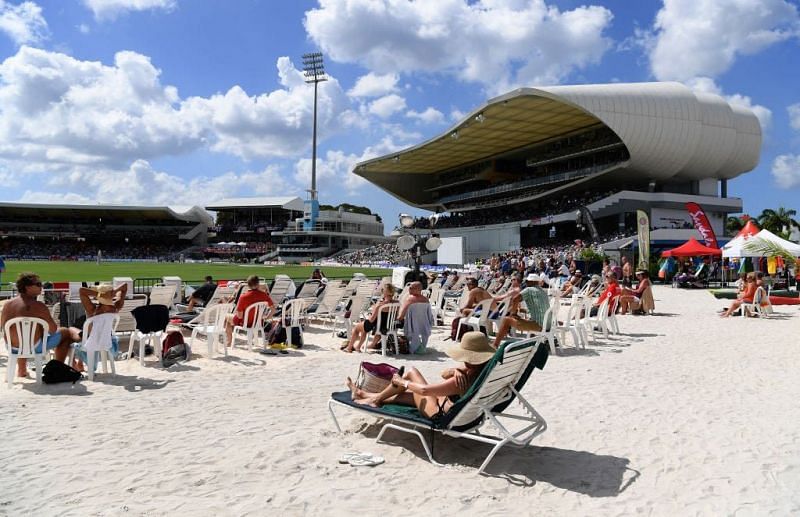
"West Indies get about a third of what India get over the eight-year programme" - Michael Atherton sheds light on the shocking economic disparity between the "Big 3" and the rest of the nat

Former England captain Michael Atherton has noted the extent of power wielded by the Big Three of India, Australia and England held over the rest of the cricketing world. Atherton also spoke about how the FTP (Future Tours Programme) has widened the financial gaps between nations.
With India, Australia and England demanding higher shares from the revenue generated from ICC events, this has left teams like the West Indies out in the cold. Under the ongoing eight-year FTP schedule, West Indies will only get one-third of the revenue that India will gain. They will also be behind by £7.5 million when it comes to England's share from the eight-year period.
The West Indies cricket board has been in disarray over financial matters for a significant period of time. There has been a long drawn-out battle between the players and the board over contracts and pay rises. This has led to players often boycotting international cricket and even preferring to play franchise cricket. Writing for his column in The Times, Atherton reasoned:
"The Big Squeeze part two came when India, Australia and England decided they wanted a bigger slice of profits from ICC events. Under the original proposals put forward in 2014, West Indies would have received less than half that of England, and a sixth that of India over the cycle. As it is, West Indies get about third that of India, and about £7.5 million less than England over the eightyear programme," Atherton explained.
West Indies last hosted an ICC event a decade ago in the form of the T20 World Cup in 2010. With the prowess of the team also declining parallelly, the shortest format has been the only respite for the islands.
TV rights in the West Indies have been worth less than a turnover of an English county: Michael Atherton
Atherton explained how the former West Indies teams were in high demand for bilateral series due to their attractive brand of cricket and illustrious players. He noted that revenue was split fairly between the two sides, and how the shares have changed ever since the introduction of FTP, television, satellite and broadcasting money. Atherton said:
"Bilateral tours, which is to say the privately organised tours between countries, were more equitable too: touring teams got a fee and costs were shared. West Indies at this stage were in high demand as one of the best, and certainly the most charismatic, teams of all time."
Atherton also added:
"As a low income (small population, low-value television rights), high cost (tourism economy, inter-island travel) region. As with most countries, the West Indies Cricket Board works on a four-year cycle but in an especially thin year, without attractive touring teams, the TV rights have been worth less than the turnover of small English county."
West Indies will have the upcoming T20 World Cup to look forward to. They will also be playing host to the next edition of the U-19 Cricket World Cup and have put forward a bid for the hosting rights of the 2024 edition of the T20 World Cup,